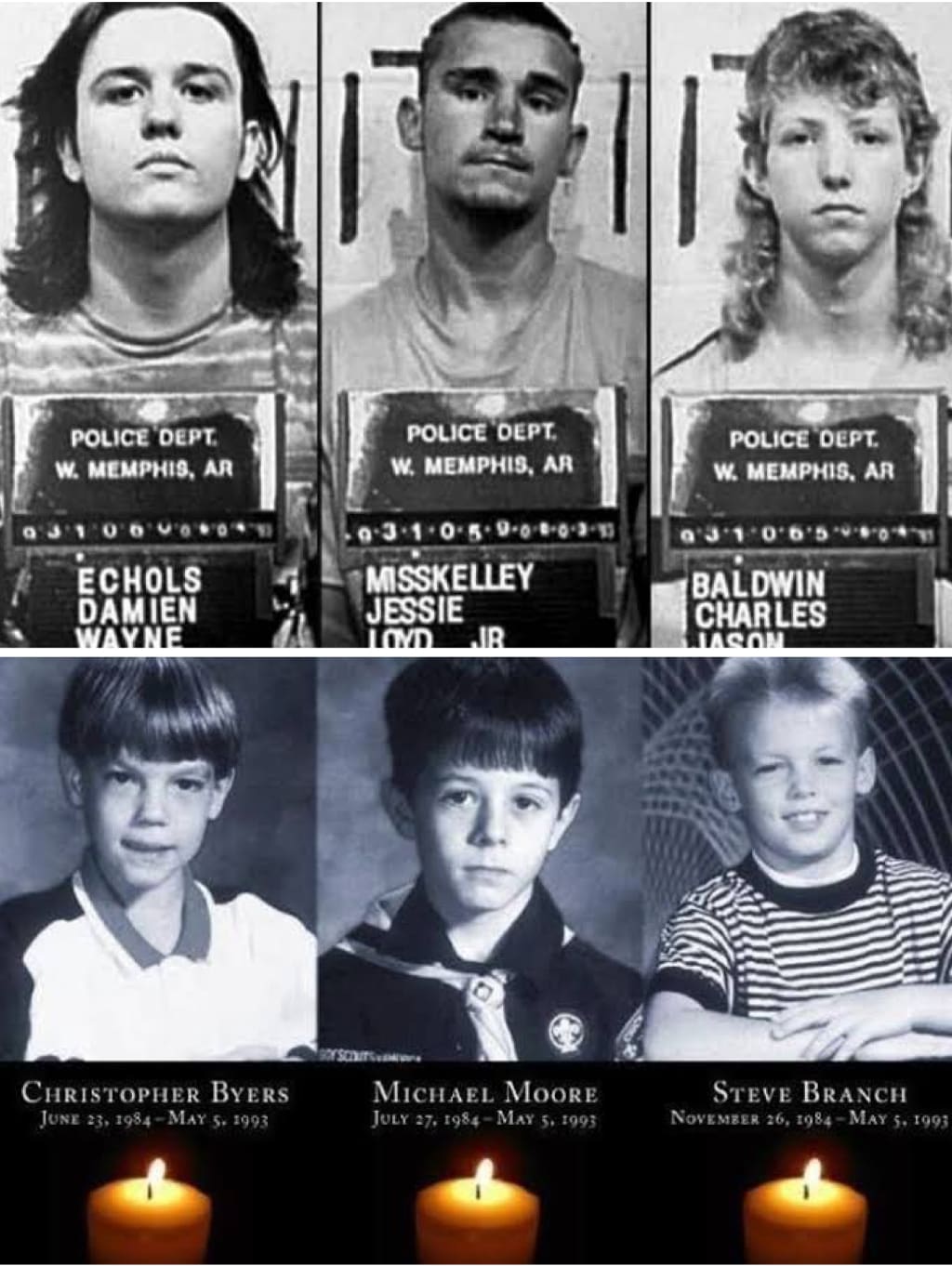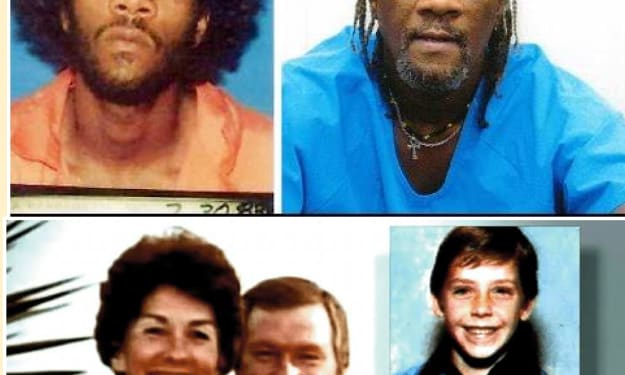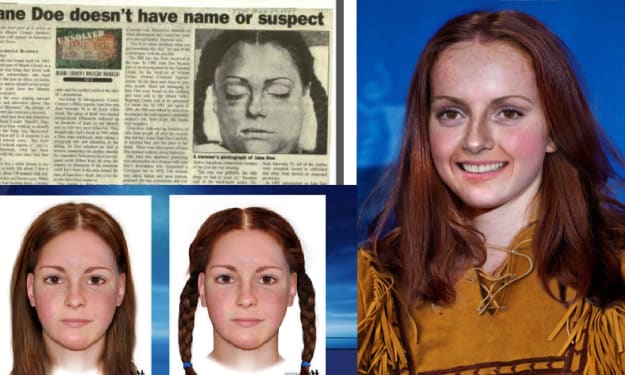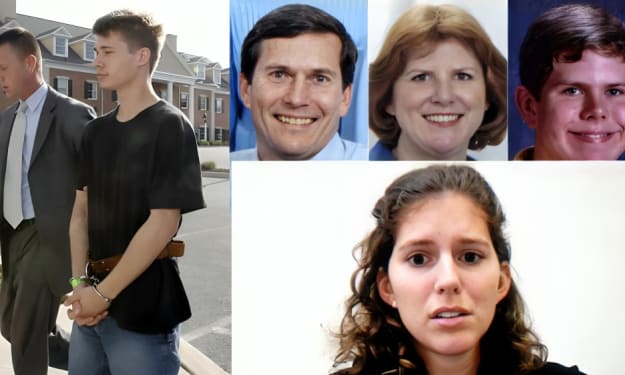"Wrongfully Accused Trio"
In 1993, Damien Echols, Jason Baldwin, and Jessie Misskelley were convicted of murdering three boys in West Memphis.

In 1993, a notorious case unfolded in West Memphis, Arkansas, involving three teenagers – Damien Echols, Jason Baldwin, and Jessie Misskelley – known as the "West Memphis Three." The case captivated the nation, revealing the complexities of the American criminal justice system and the power of media influence.
Damien Echols, Jason Baldwin, and Jessie Misskelley were accused of the brutal murders of three young boys: Christopher Byers, Michael Moore, and Stevie Branch. The boys' bodies were found naked and hogtied in a ditch, shocking the close-knit community. The prosecution alleged that the killings were part of a satanic ritual, leading to a wave of fear and panic in the area.
Echols, Baldwin, and Misskelley quickly became suspects due to their outsider status, interest in alternative music and subcultures, and Echols' fascination with the occult. Misskelley, with a low IQ, was subjected to a lengthy and coercive interrogation, during which he confessed to the murders. His confession implicated Echols and Baldwin, leading to their arrest and subsequent trial.
The trials of the West Memphis Three were marred by numerous irregularities and controversies. The prosecution relied heavily on the teenagers' interest in the occult and their alternative lifestyles to build a case against them. However, physical evidence linking them to the crime scene was scant, and much of the case rested on circumstantial evidence and the confessions obtained under questionable circumstances.
Despite the lack of concrete evidence, Echols was sentenced to death, while Baldwin and Misskelley received life sentences. The verdicts drew widespread attention, prompting various advocacy groups, celebrities, and filmmakers to question the fairness of the trials and the potential miscarriage of justice.
Documentaries such as "Paradise Lost: The Child Murders at Robin Hood Hills" brought international attention to the case. These films highlighted the questionable legal proceedings, the mishandling of evidence, and the potential for false confessions. Public opinion swayed in favor of the West Memphis Three, and their plight gained support from numerous high-profile figures, including Eddie Vedder and Johnny Depp.
Years of legal battles followed, as the defense teams fought to overturn the convictions. New DNA evidence and forensic analyses cast doubt on the guilt of Echols, Baldwin, and Misskelley. In 2011, the West Memphis Three were finally released from prison after reaching an agreement known as an "Alford plea." This legal maneuver allowed them to maintain their innocence while acknowledging that the prosecution had enough evidence to potentially convict them.
The West Memphis Three's release marked a bittersweet victory. While they were no longer incarcerated, they were not fully exonerated, and the murders of the three boys remained officially unsolved. The case highlighted systemic flaws in the criminal justice system, particularly the potential for false confessions, reliance on circumstantial evidence, and the influence of public perception on legal proceedings.
The story of Damien Echols, Jason Baldwin, and Jessie Misskelley continues to resonate, sparking discussions about the importance of due process, the impact of media on legal proceedings, and the potential for wrongful convictions. The case served as a cautionary tale about the rush to judgment and the need for a fair and impartial legal system.
In conclusion, the case of the West Memphis Three involving Damien Echols, Jason Baldwin, and Jessie Misskelley in 1993 captivated the nation and shed light on the complexities and flaws of the American criminal justice system. The teenagers' convictions were surrounded by controversy and questionable evidence, leading to years of legal battles and public outcry. While they were eventually released, the case remains a poignant reminder of the potential for injustice within the legal system.
About the Creator
Enjoyed the story? Support the Creator.
Subscribe for free to receive all their stories in your feed. You could also pledge your support or give them a one-off tip, letting them know you appreciate their work.





Comments
There are no comments for this story
Be the first to respond and start the conversation.